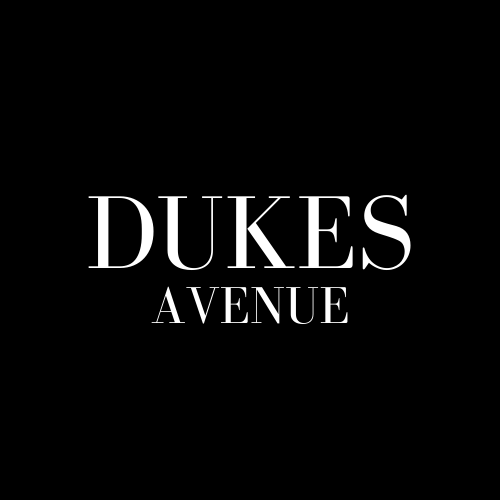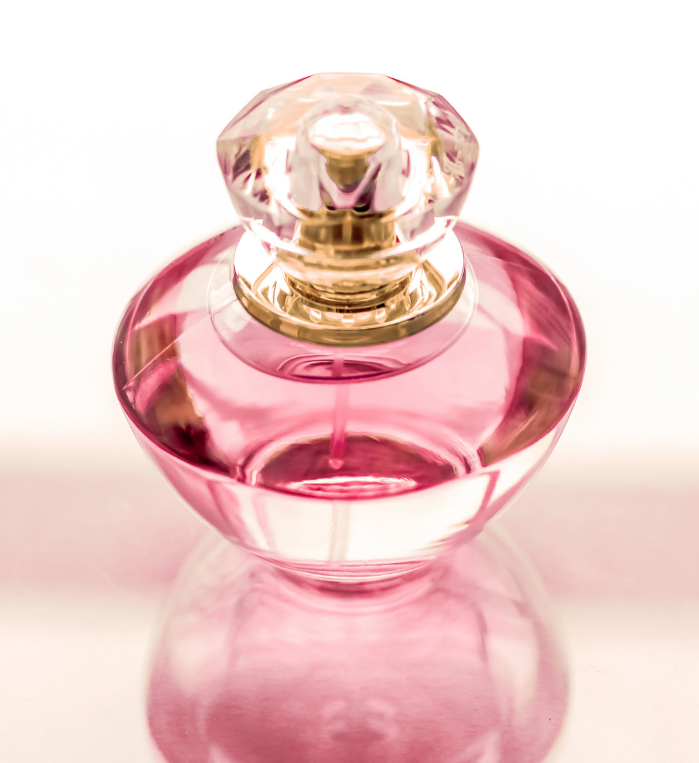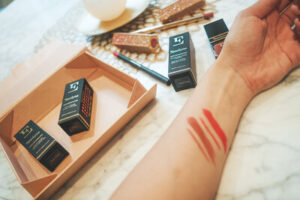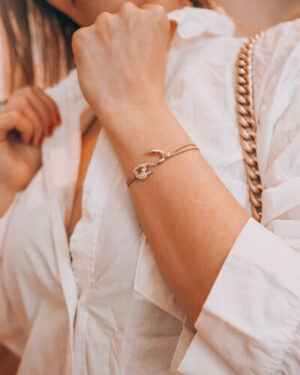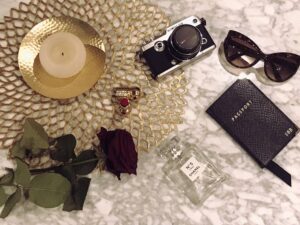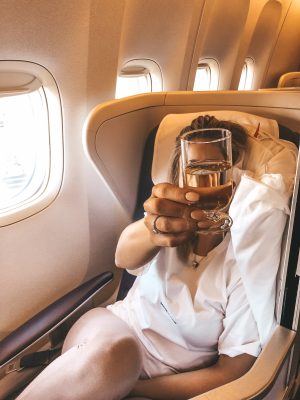Article Cover Photo: © Anneleven via canva.com
Scent is intoxicatingly powerful, this is indisputable! A few drops of high quality fragrance makes you feel more put together and spritzing it on is a sure confidence booster. Buying a bottle of perfume has long been considered a luxury and this is mostly due to their high-end prices. Exquisite perfumes cost money – but why is it that a small bottle of fragrance costs so much?
As lovers of perfumes and fragrance, we’ve spent some time delving in to the world of scent to truly understand the reasons behind the high cost of perfume – and what we’ve discovered may surprise you…
So why is perfume so expensive?! The truth is that so much goes into making and selling perfume, it is as much a business venture as it is a work of art. In the end, it all comes down to what we, the consumers, are willing to pay for.
This article contains affiliate links
Why is Perfume so Expensive?!
The Perfume’s Ingredients
Unlike budget-friendly perfumes, expensive fragrances have a more well-rounded scent made up of top notes, heart notes and base notes. To achieve this, scents are blended using a multitude of ingredients, which all add to the perfume’s cost.
Some of the rarest, most sought after quality ingredients and essential oils are used in luxury perfumes. These range from flowers all the way to endangered animal parts. If you’re vegan, you’re going to want to keep reading to know what perfume ingredients to avoid! As a rule of thumb, the more difficult the ingredient is to acquire, the more expensive it will be.
Let’s start with those sweet floral scents. It can take literally masses of flowers to generate the oil used in perfumes. This vast amount of flowers can be difficult to come by, especially when they are seasonal blossoms. Some flowers only bloom for one month per year, and when seasonality is not the issue, picking these flowers has to be timed to perfection. The three most expensive flower scents on the market are jasmine, Bulgarian Rose and orris – are they found in your favourite perfumes?
And that is just for the floral scents… some perfumes incorporate the seductively earthy and smokey scent provided by oud oil: an oil made from the wood of Aquilaria trees that is extremely popular in the Middle East. What makes this ingredient difficult to make is that these trees only produce oud (a dark and extremely fragrant form of resin) when they are infected with a type of fungus – without insects infecting the tree with this fungus, it is pretty much odourless. Of course, this must then be extracted by skilled artisans who are experts in their craft. The process is a lengthy one, so it’s no surprise that oud is priced high and known in the Middle East and the Gulf as “black gold”
Finally, some ingredients are even extracted from animals and unsurprisingly (and in our opinion, fortunately), have become particularly difficult to get your hands on.
- Natural musk is one of the most expensive and difficult to obtain animal products on the market. Why? In order to get real, natural musk one would have to kill a male Kashmir musk deer (an endangered species) and then harvest its glands for its powerful fragrance. Thankfully, synthetic musk is more readily available in this day and age.
- Ambergris is also far from being cruelty-free. This is made from the intestines of sperm whales which have also been listed as endangered under the Endangered Species Act since 1970.
The bottom line: If you’re paying $10 for a 125ml bottle of perfume, you’re definitely not getting genuine oil from natural ingredients such as jasmine flowers or real musk in your perfume bottle (although the latter may not be such a bad thing!). Generally, cheaper perfumes compensate for the cost of ingredients by using synthetic, lab-manufactured liquids designed to resemble the original scents.
The Cost of Manufacturing Perfume
Although this is a glaringly obvious fact, we sometimes forget that professional perfumers actually have to make the perfumes! They are the ghost-writers of the perfume industry, remaining anonymously hidden behind the imposing brand names we’re all familiar with.
Whilst some of the larger fashion houses such as Chanel, Guerlain, Dior and Hermès have their own, in-house master perfumer, many outsource their scents to large fragrance corporations such as International Flavour and Fragrance (IFF), Firmenich, and Givaudin, to name a few. These corporations charge brands for their formulas, all of course, at a mark-up that gets passed on to the consumer.
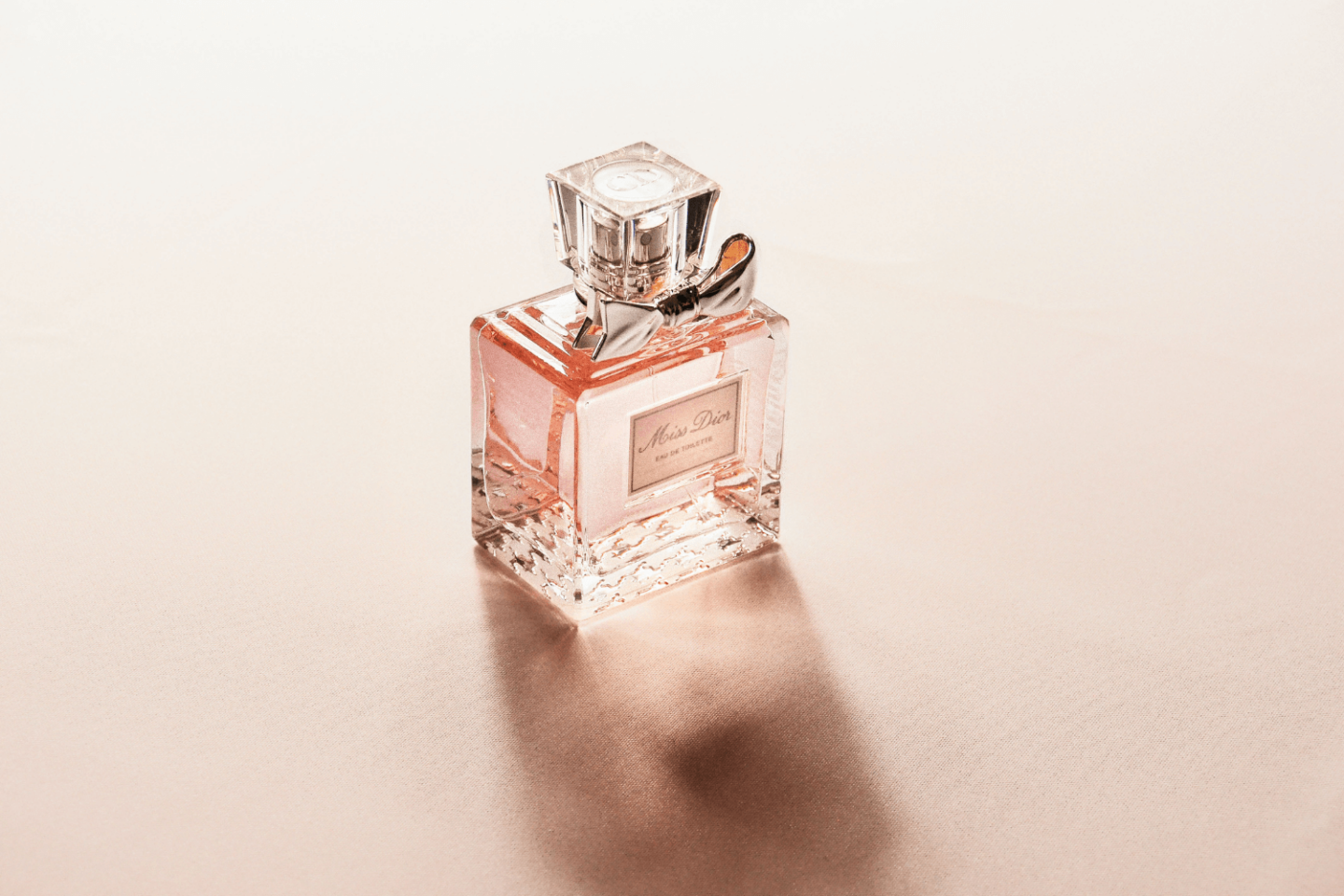
The Cost of Perfume Packaging
Luxury packaging cannot be underestimated and there are two very important reasons behind this:
- The Visual Aspect
We’re all guilty of being attracted to a pretty bottle on the shelf and perfume brands know it! In such a competitive market, the best way for a new fragrance to stand out is by ensuring its visual appeal. A beautifully crafted bottle has a stronger shelf presence and is likely to represent its brand more effectively (which is precisely what they’re going for!).
A breath-taking fragrance bottle sold in a premium box serves to reassure consumers of its value. Many are swayed by the impression that a gorgeous bottle that lies heavily in the palm of their hands harbours a higher quality fragrance, while conversely, some may dismiss unimpressively light bottles as being of ‘lower quality’. The presentation of the perfume plays a big part in the pricing of the scent.
2. Protecting the Perfume
And yet, it’s not all show and vanity. Apart from being decorative, a perfume bottle also fulfils more practical functions such as protecting the integrity of the fragrance. A good, airtight bottle ensures that the perfume lasts long after the date of purchase by trapping the scent within and keeping the light safely away. You must admit, that’s a lot of responsibility for a small and fragile glass bottle!
As you can imagine, everything mentioned so far significantly adds to the overarching cost of production, and ultimately bumps up the price tag for luxury fragrances in stores.
The Cost of Marketing Scent
What is the use of designing the most enticing fragrance if you’re not going to tell the world about it?! Even the most famous perfumes still put out huge marketing campaigns, just like Chanel infamously did for Chanel No. 5 back in 2004. Despite being a household name and a well-known favourite of Marilyn Monroe, it didn’t stop them investing $33 million on a 3 minute commercial that featured Nicole Kidman as a star of the big screen, with a sultry rendition of Clair de Lune playing in the background against a Manhattan backdrop. The commercial received mixed reviews, but it certainly didn’t stop people talking about it!
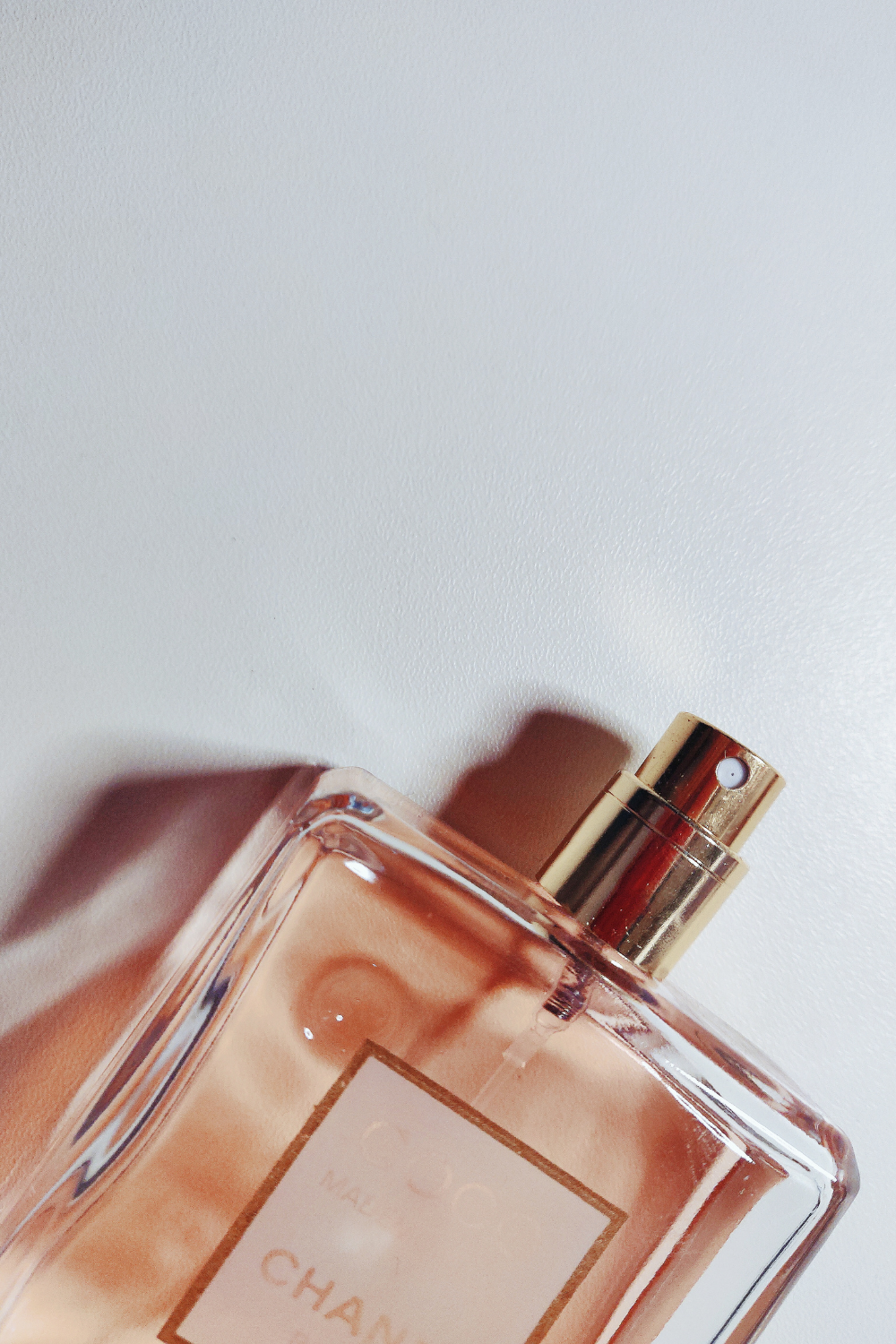
Niche Fragrances Are a Whole Other Story
Niche perfumes are the ultimate luxury fragrances and some of the most expensive perfumes around! Unlike the designer and celebrity perfumes you can find in every department store, niche fragrances are less readily available and made by smaller companies whose efforts are entirely dedicated to the art of perfume making.
For those looking to invest in the epitome of luxury fragrances, the exclusivity of these scents is certainly worth the expense. This is perhaps why limited edition perfumes have become such a popular commodity! Yet, niche fragrances go one step further by focusing much less on fancy packaging and paid marketing, and more on the quality and integrity of the ingredients that make up the scent. So, with niche perfumes, the majority of what you’re paying goes towards the actual liquid inside the bottle instead of the marketing investment, making it a product truly worth indulging in.
In recent years, many of the best niche fragrances have been bought out by larger conglomerates, such as Jo Malone London, Éditions de Parfums Frédéric Malle, Le Labo and By Kilian all being bought out by Estée Lauder Cos. Inc. and Maison Francis Kurkdjian being bought out by LVMH.
Don’t forget to pin this article if you found it helpful, and follow Dukes Avenue on Pinterest for more!
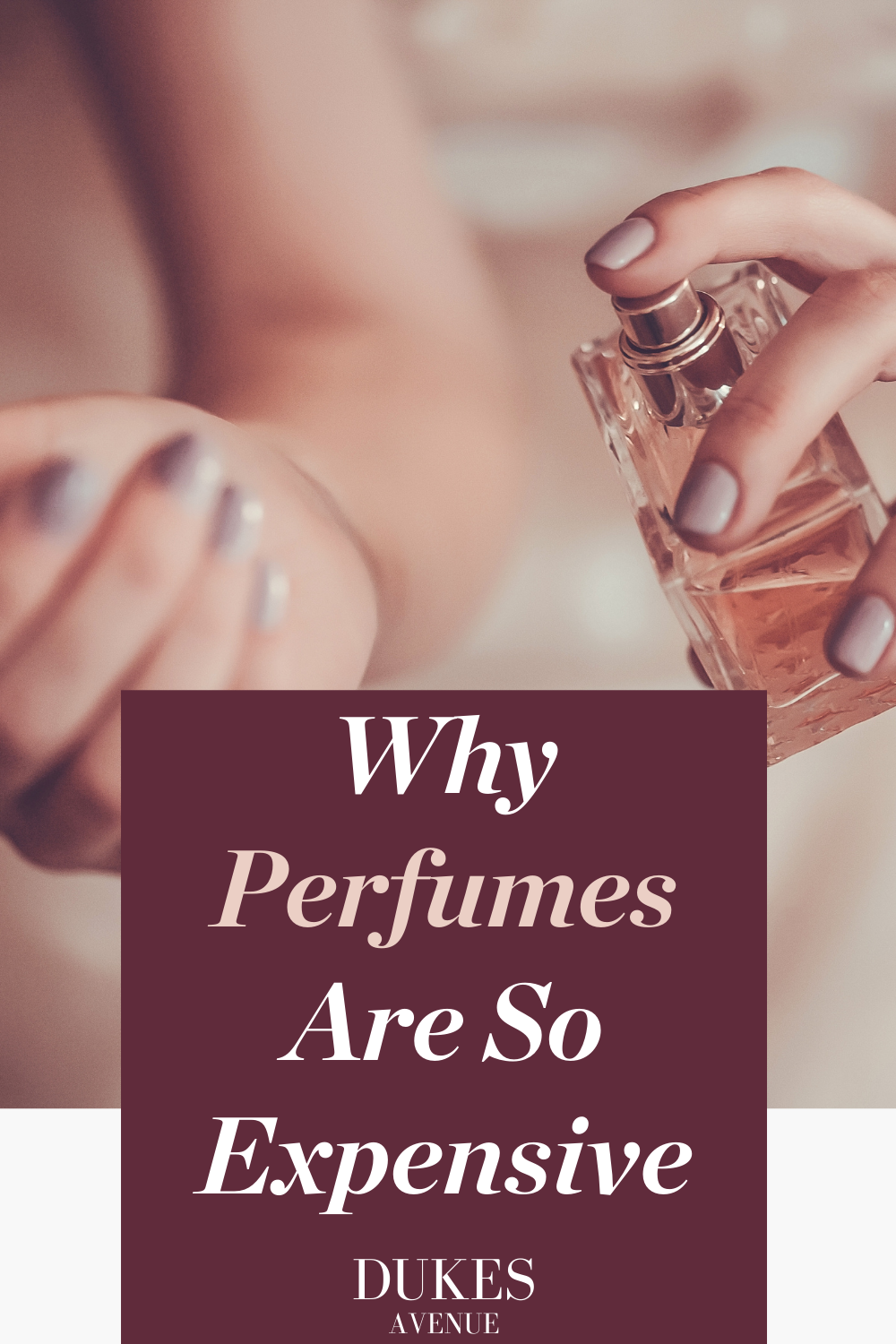
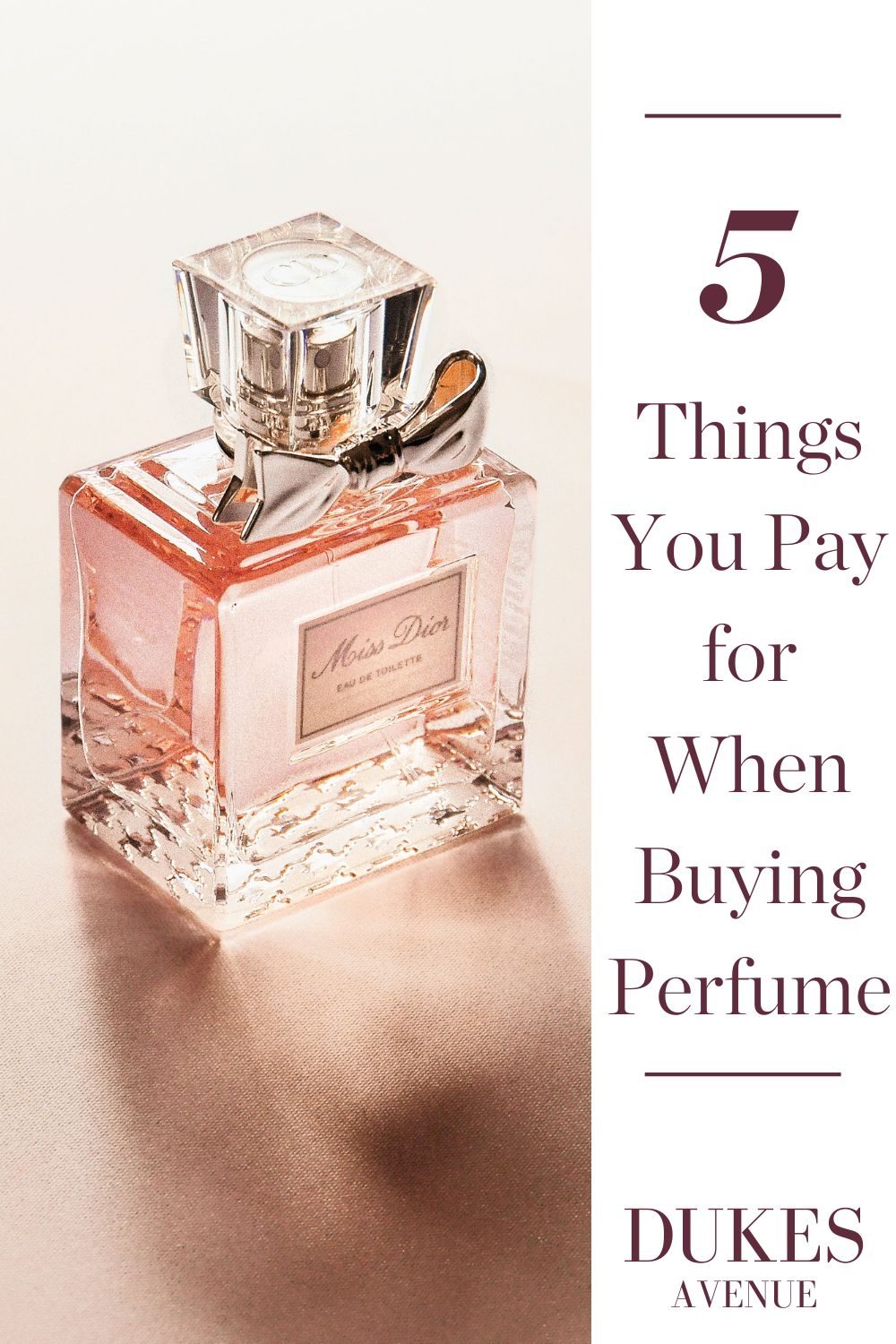
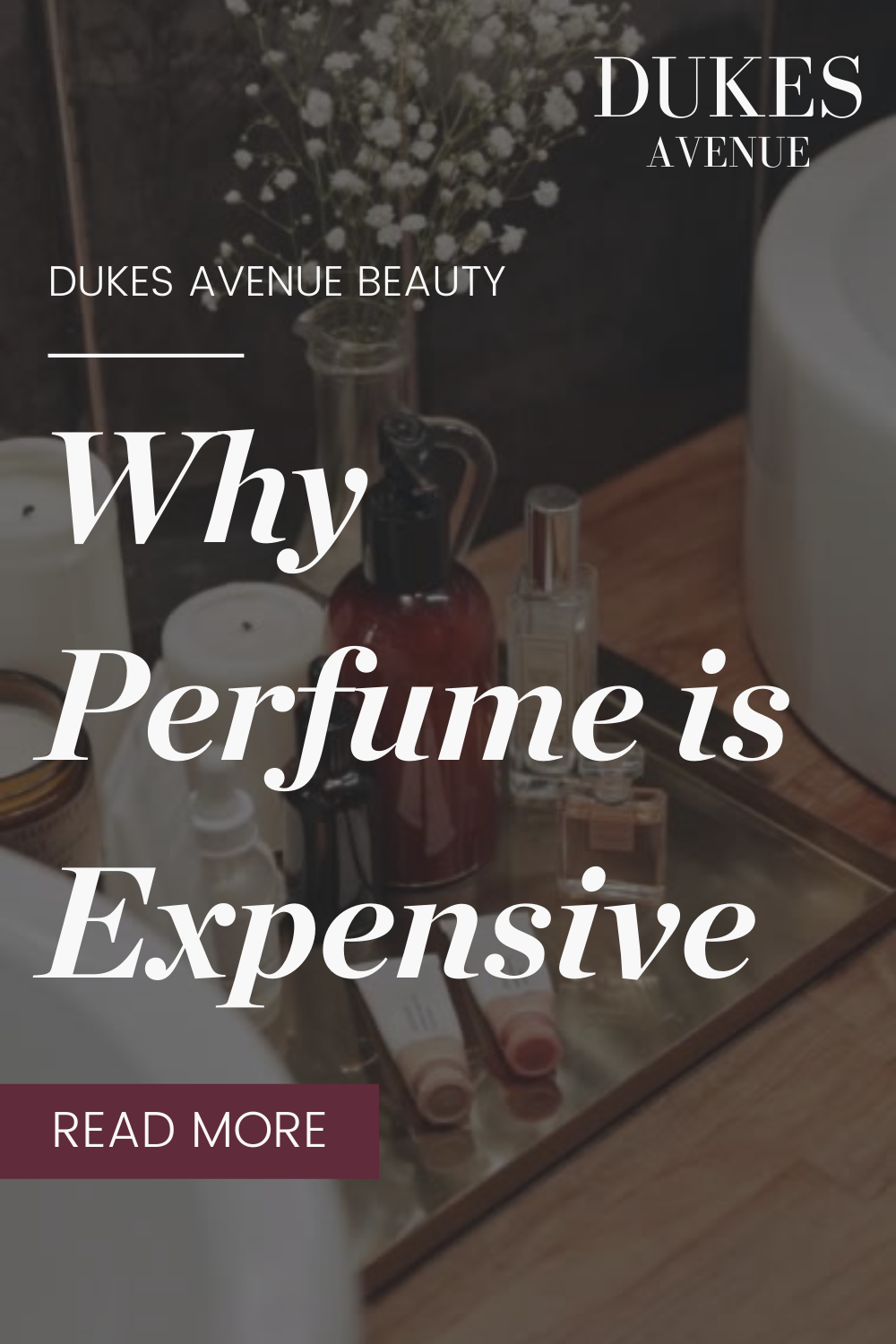

Christine is a woman with an eclectic range of artistic tastes. As a professional soprano with a Bachelor's Degree in Music, she carries over 15 years of experience in the classical music scene, both locally and abroad. Her passion for music is equalled by her love for literature and, more recently, Christine graduated for a second time with a BA in English.
-
Christine Barbarahttps://dukesavenue.com/author/christine-barbara/
-
Christine Barbarahttps://dukesavenue.com/author/christine-barbara/
-
Christine Barbarahttps://dukesavenue.com/author/christine-barbara/
-
Christine Barbarahttps://dukesavenue.com/author/christine-barbara/
